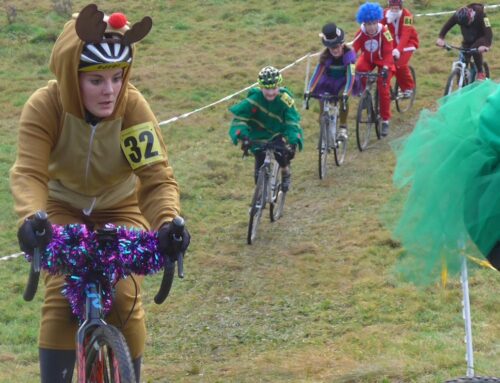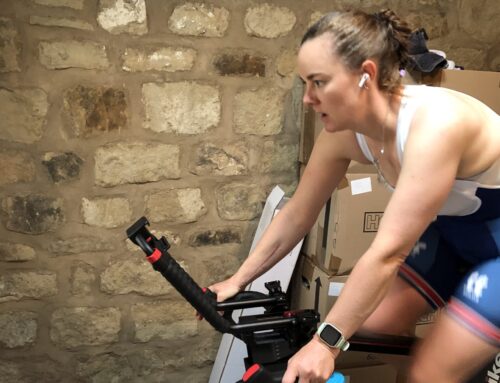With less than 60 days to go until the Mallorca 312, one of the most demanding amateur cycling events in the world, my training intensity has significantly increased. After a rejuvenating long weekend of cycling in Mallorca filled with climbing and sunshine, I felt both physically fit and spiritually uplifted—ready to become a lean, mean cycling machine. However, the combination of intensified training, a full-time job, and an ambitious weight loss goal eventually led me to a less expected place: sitting on the stairs, overwhelmed and crying over leggings!
Here are some personal insights into the sneaky signs of overtraining, learned through tears and perseverance:
It Can Sneak Up on You Quickly
I was caught off guard by how quickly I shifted from feeling in top form to feeling overwhelmed. It happened within days. While cycling remained the easiest part of my day—everything else felt like a chore. I initially failed to recognise these signs, attributing my low energy solely to a busy schedule rather than acknowledging the physical and emotional toll of my training.
I started the week feeling grumpy, snapping at minor irritations, and sleeping more than usual, yet I still didn’t see the red flags…
Make Sure You Eat Enough
Since Christmas, I’ve been diligently working on losing weight and have dropped 5kg with a goal to reach 65kg for the race. In my enthusiasm, I perhaps cut back too much on calories, not realizing the impact of my restrictive eating until it was too late. My all-or-nothing approach left me undernourished and emotionally drained.
Rest Is Not a Sign of Weakness
In my quest to increase weekly mileage, I completely overlooked the importance of rest days. Rest isn’t merely downtime; it’s essential for recovery and strength building. It’s a lesson I learned the hard way but one I won’t soon forget.
It took a meltdown over something as simple as uncomfortable clothing to recognise the toll my regimen was taking on me. After allowing myself several rest days and increasing my caloric intake, I’m beginning to feel like myself again.
Looking Ahead
As I gear back up for training, I’m armed with a better understanding of balance and the signs of overtraining. If you’re pushing towards a big goal, remember to listen to your body and adjust your plans accordingly. You’re not alone in the struggle!
To fellow athletes: Have you ever faced similar challenges? How do you balance intense training with your other commitments? I’d love to hear your stories and tips in the comments below.





